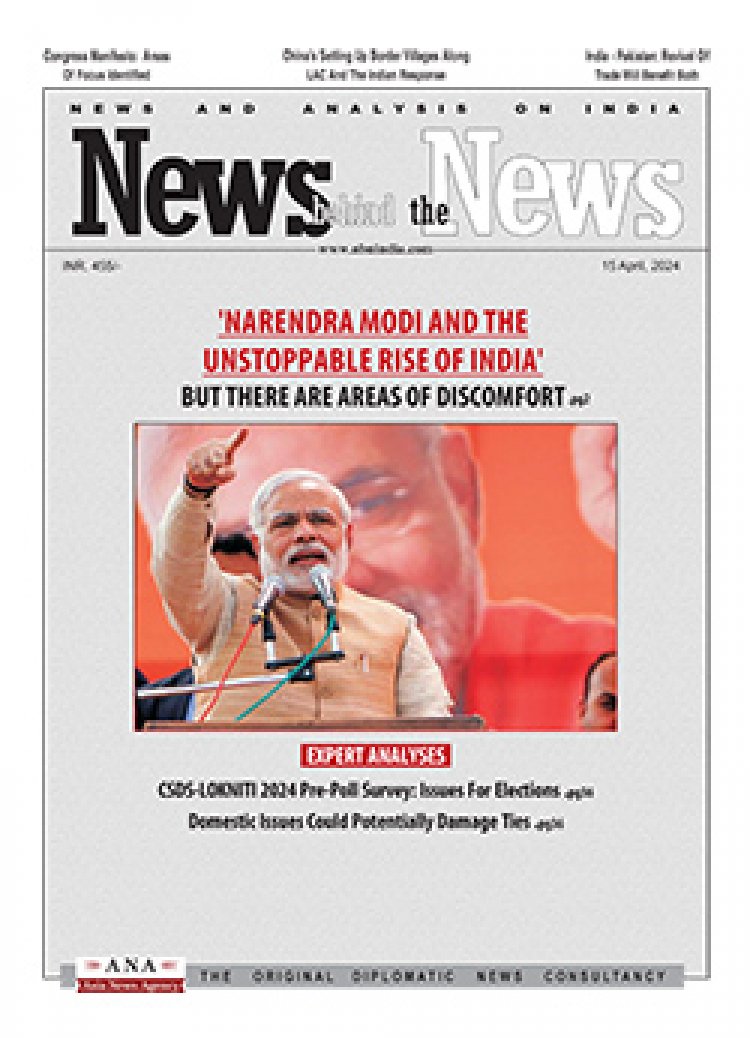Rising Inequality: Threat to Emerging Economies
STORIES, ANALYSES, EXPERT VIEWS
The pandemic is likely to exacerbate inequalities. In fact, in the view of analyst Pankaj Mishra, the evidence that post-pandemic inequality will be lethal to everyday social order, let alone democracy, in emerging economies, is mounting.
This became clear last month as South Africa descended into its worst violence since the end of apartheid. Looters, vandals and arsonists rampaged across the country, destroying shopping malls and industrial warehouses, and burning lorries. Hundreds of people died.
Those same factors, writes Mishra “will play a central role when — and there is no ‘if’ here — similarly extensive breakdowns occur in India and Brazil.
“The necessary ingredients — extreme social divisions of race, religion, class and caste; widening gaps between city and country; and a baleful, incompetent, if not corrupt, ruling class — have been present for many years in both countries. They’ve only become more toxic in recent months.”
Inequality has grown more concentrated in India, home to two out of the three richest tycoons in Asia — Mukesh Ambani (whose wealth is now estimated at $78 billion) and Gautam Adani ($53 billion). “Meanwhile, in probably the largest-ever implosion of the middle class, the heart of any modern consumer economy, more than 200 million Indians have gone back to earning less than $5 a day.
India already accounted for nearly a third of the world’s malnourished people. Aiding the wealthy with tax cuts for corporations, the government presently presides over an increase in hunger, even in urban areas, and among middle-class Indians.
















